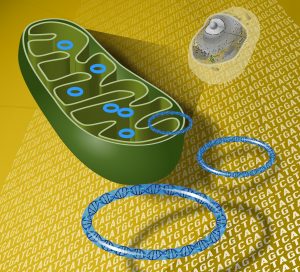179 results found
Search Results for: akin
Lycinibacillus fusiformis
Definition noun A long rod-shaped obligate aerobe organism that is able to utilize oxygen to metabolize numerous sugars... Read More
Prehensile
prehensile Adapted to seize or grasp; seizing; grasping; as, the prehensile tail of a monkey. Origin: L. Prehensus, p. P. Of... Read More
Neuropodia
Definition (zoology) Plural form of neuropodium, the ventral lobe or branch of a parapodium (neuroanatomy) synaptic... Read More
Homo neanderthalensis
Definition noun Species of primitive human beings that lived between 28,000 and 300,000 years ago. Various specimens of... Read More
Prokaryotic Ancestor of Mitochondria: on the hunt
The alphaproteobacteria have been widely cited as the closest relative-- and possibly the prokaryotic ancestor -- of the... Read More

